Here is a verbatim transcript of his original speech in French translated into English:
President Evariste Ndayishimiye: “Here, we must speak the truth. If we truly want to eradicate the root causes of Africa’s underdevelopment, we need to reflect on their origins. Why are African countries, despite their significant economic potential, plagued by wars and terrorism, often with the complicity of certain Western nations? Look at what is happening right next door [in the DRC].
Why this silence? Doesn’t the international community see the consequences? I am telling you, if this continues, war risks spreading across the entire region because the people will not stand by idly. If Rwanda continues to seize the territory of another country, I know it will eventually reach Burundi as well. They are training young refugees, arming them, and now hardening them through the war in the DRC. One day, they will come for Burundi. We will not allow it. War will spread.
We know their plan. They are preparing something against Burundi. Fortunately, Burundians are aware. If the international community lets this happen, we will not stand idly by here in Burundi. Once again, I call on the international community to take this seriously.
There is a threat in the region. It is not just Burundi; Tanzania, Uganda, Kenya—all of East Africa is under threat. If there is no peace in eastern DRC, there is no peace in the region. Do not think that only Burundi is under threat. South Africans are also suffering in eastern DRC. Do you really understand how far South Africa is? Yet the insecurity in eastern DRC has repercussions even there. Isn’t that right, Mr. Ambassador?
From a security standpoint, we are facing a major threat in eastern DRC. If things continue to deteriorate, the consequences will be dire, and every country will have to fend for itself. I proposed a plan for the region. I know that if it had been implemented, we would have peace by now. Because tell me, if Rwanda justifies its presence in the DRC by citing the FDLR [a Rwandan armed rebel group], isn’t that an issue that can be resolved peacefully? Sacrificing the Congolese people? Killing millions under the pretext of a security threat? Couldn’t this be addressed without shedding innocent blood?
I am convinced that the DRC and Rwanda could find common ground in handling this issue. I personally suggested the formation of an international coalition to combat foreign armed groups in eastern DRC. This would reassure Rwanda and enable the DRC to initiate a peace process. What is missing? The problem is complicity.
Otherwise, if we all agree to work together to dismantle every armed group in eastern DRC, the crisis will be over. This would guarantee Rwanda’s security and allow the DRC to address its conflict peacefully.
Regarding M23, I attempted to engage with their leaders. I asked them: ‘If you are truly not Rwandan, why don’t you agree to lay down your arms and pursue peace? If you are Congolese and love your country, why continue fighting?’ They told me, ‘We agree.’ I explained: ‘As long as you are not demobilized, how can we distinguish between Rwandans and Congolese? You must first move to a designated area so that Congolese combatants can be identified separately, allowing them to start a peace process, while the Rwandans can return home. Otherwise, you will always be seen as Rwandans.’ They responded, ‘The problem is that we are being forced into an uninhabitable area.’
I sent my officers to inspect the designated site—Sabyinyo. They found it unlivable. So, I suggested to the Congolese government that another location be chosen. The government agreed, and we identified Rumangabo as a suitable area. Military officials inspected it, confirmed that conditions were acceptable, and M23 agreed to the relocation. Everything was prepared. But just as the transfer was about to begin, they resumed fighting. Why?
When they were with me, they had asked: ‘If we go, what happens next?’ I told them: ‘Next, you enter the peace process—join the Nairobi negotiations—and pursue your demands peacefully.’ They had accepted, and I had even convinced the Congolese government. Remember, the government had said, ‘If they agree to be demobilized, it means they are committed to peace. We will include them in the Nairobi process.’ The Congolese government agreed. But as M23 resumed fighting, how can you negotiate with someone who does not want peace?
For negotiations to take place, conditions must be favorable. The first step is a ceasefire. Both sides must disengage their forces to restore trust. Whether it is Rwanda or the DRC, hostilities must first cease, and troops must withdraw to create a climate of confidence where discussions can happen without fear.
Between states, how is a ceasefire and disengagement implemented? It means foreign forces must withdraw to their own country before negotiations can begin. That is the norm. But what is missing? The international community is here—so what is preventing this process?
I proposed a plan, and the region decided to deploy a regional force, not only to protect Congolese civilians but also to combat foreign armed groups.
That is why Burundi is present in the DRC. We are acting in line with a regional vision. When we arrived in South Kivu, you witnessed it—peace and security were restored. We initiated a reconciliation process among Congolese communities. To this day, it remains calm.”
President Ndayishimiye’s remarks come amid intense fighting between the M23 rebel group—allegedly backed by Rwanda—and the Congolese army in Goma, the capital of North Kivu province in eastern DRC, which has fallen under rebel control. Since last Sunday, at least 700 people have been killed and 2,800 injured, forcing thousands to flee their homes, according to UN reports.

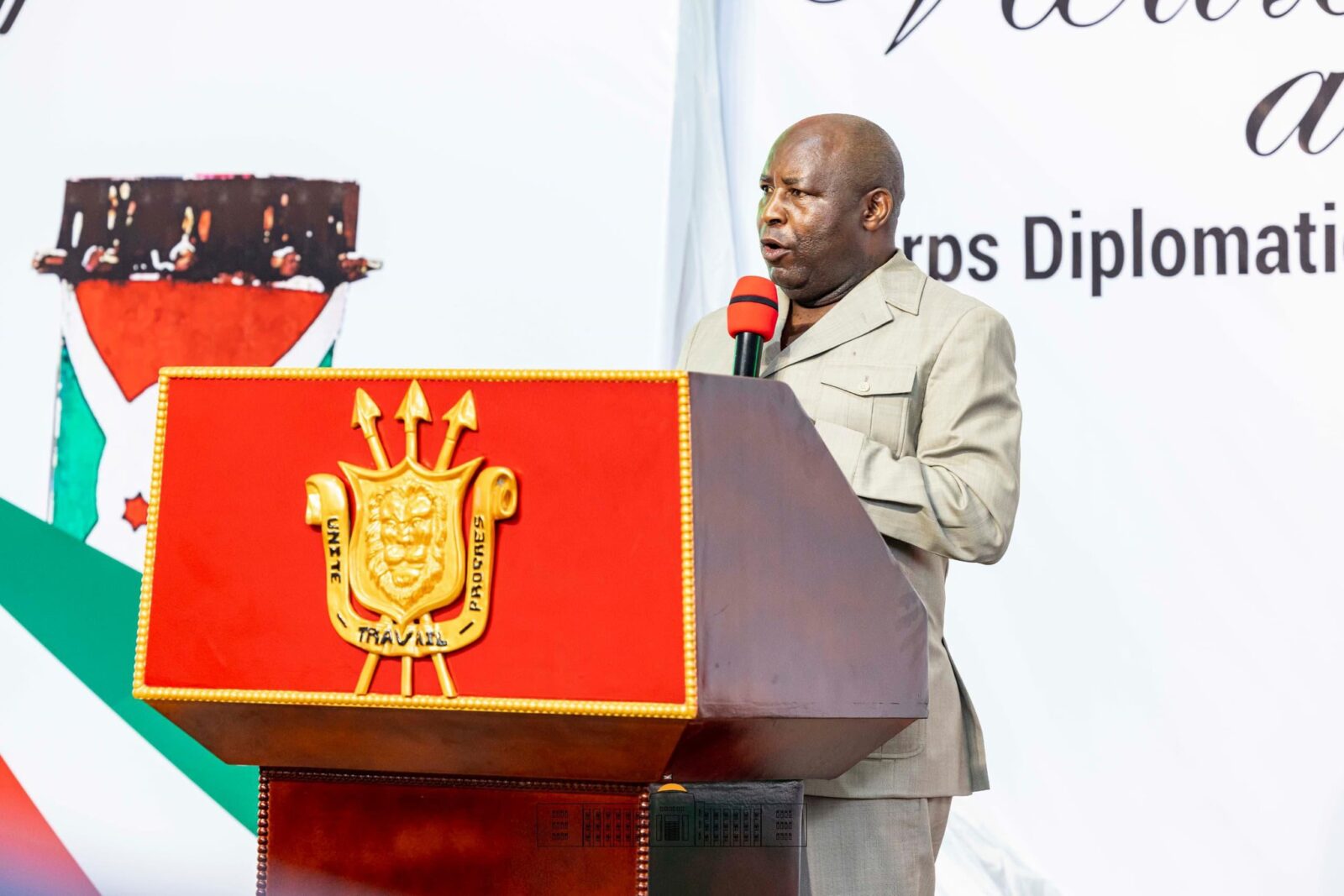
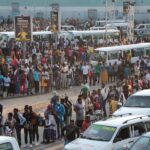
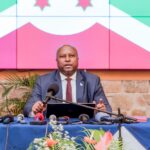
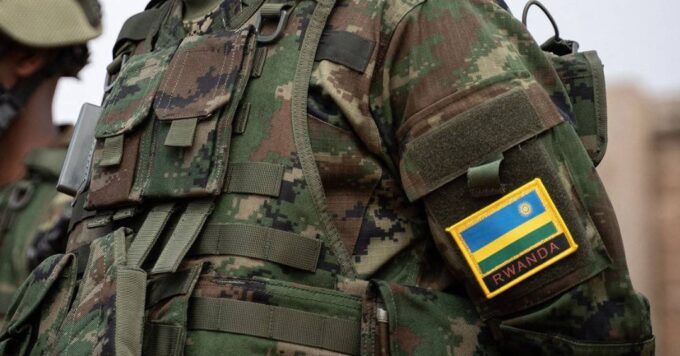
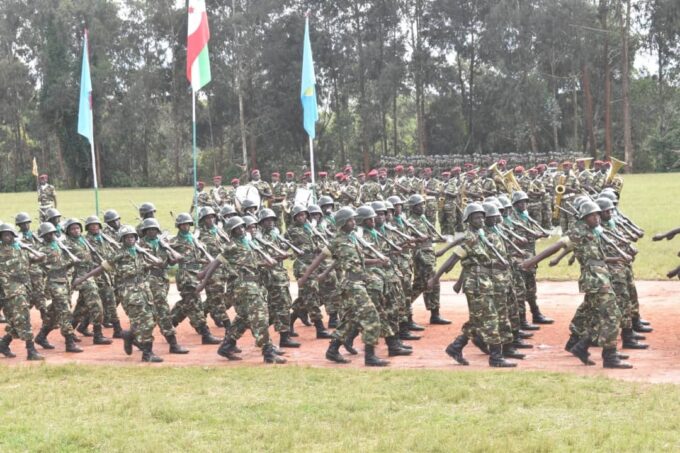
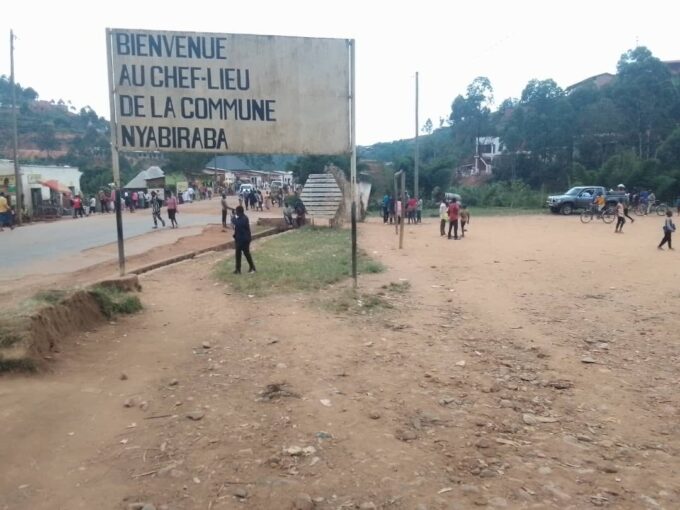
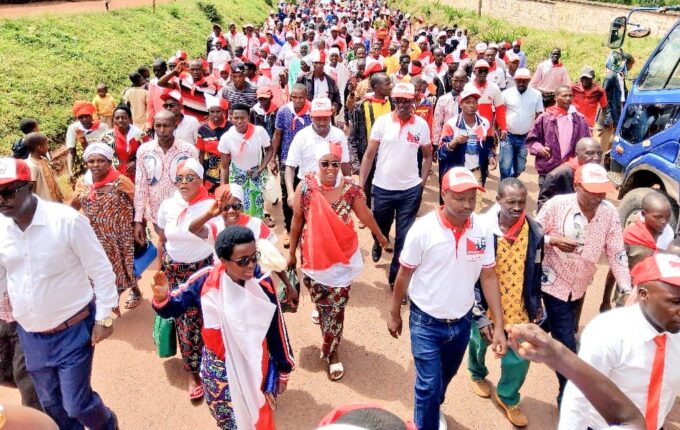
Leave a comment